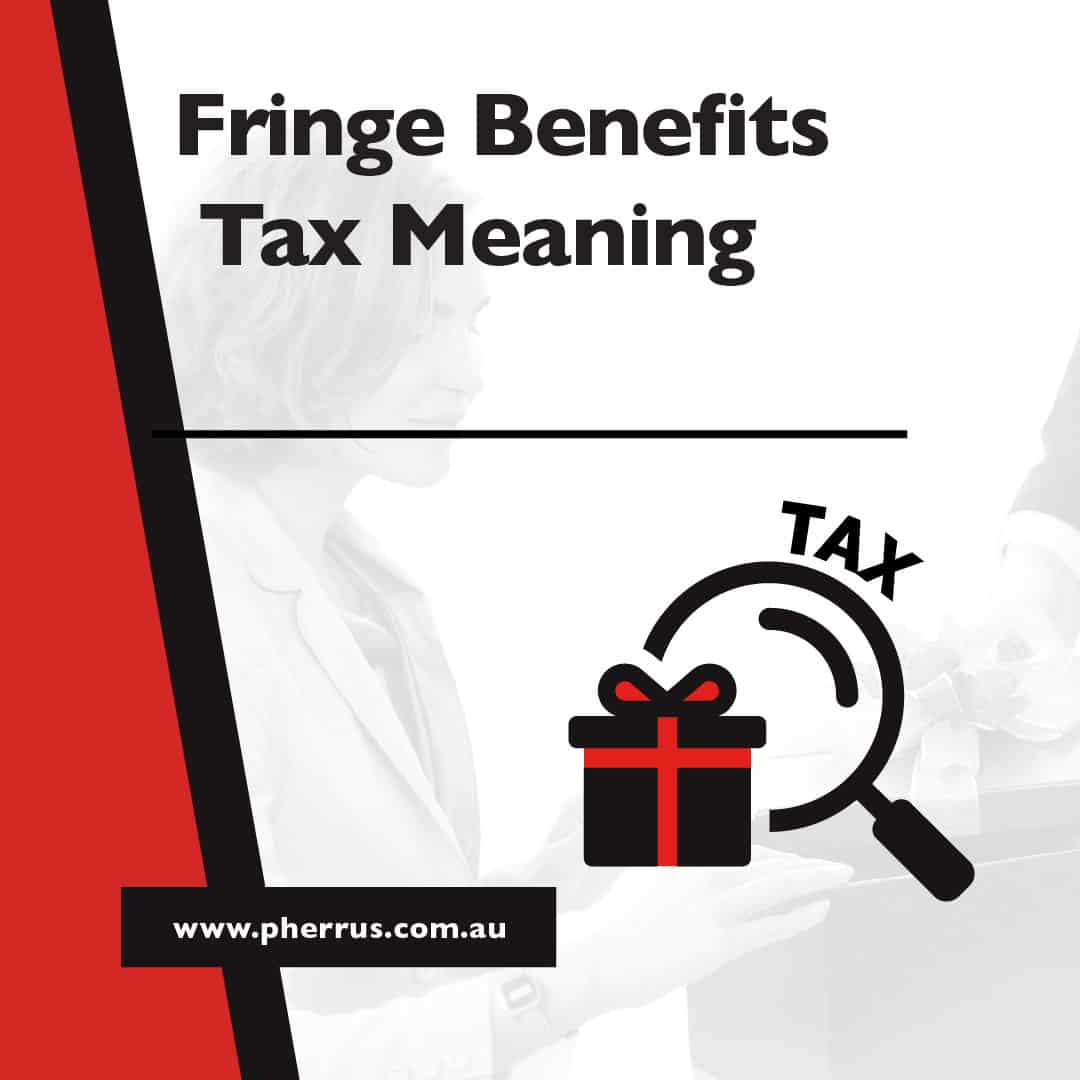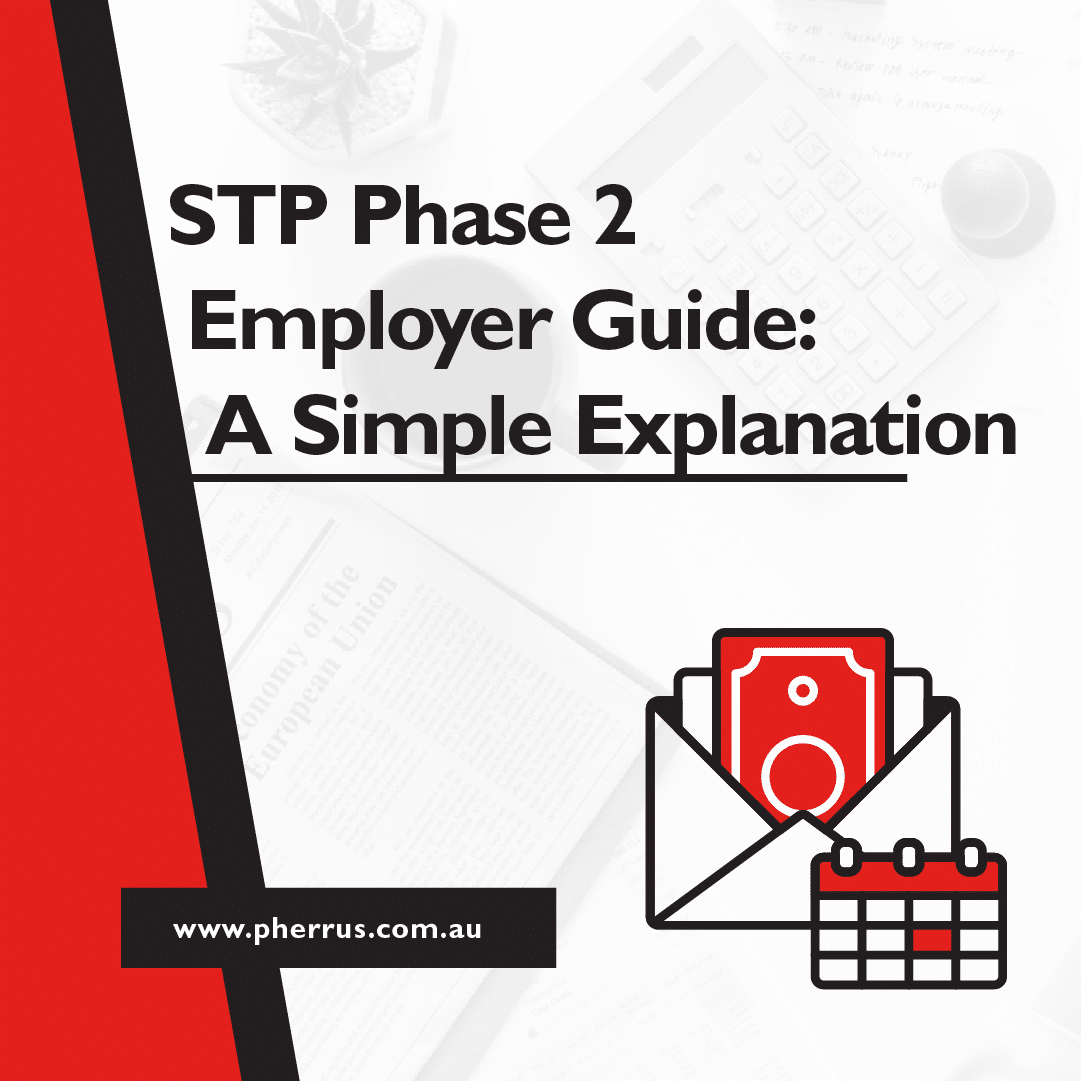As an employer in Australia, you’re required to pay fringe benefits tax (FBT) on benefits you provide your employees or their associates, on top of their salary or wages.
Read on for quick and easy-to-understand answers about fringe benefits taxes.
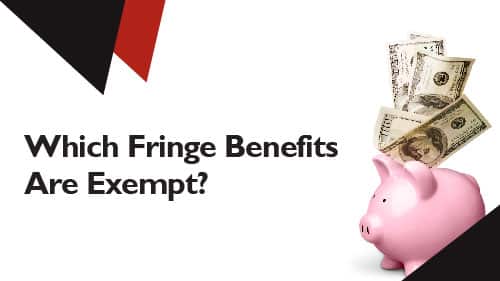
Which Fringe Benefits Are Exempt?
Some fringe benefits exempt from fringe benefits tax (FBT) can include
- Emergency assistance due to illness, injury, or natural disasters.
- Travel expenses incurred from work-related travel, such as airfares, accommodation, and meals.
- Relocation expenses if you require your employee to move for work purposes.
- Portable electronic devices, like laptops and mobile phones primarily used for work.
- Minor or infrequent benefits, such as a gift on a special occasion like a birthday or wedding.
- Work-related items, like tools or necessary equipment for your employee to perform their job.
- Health-related benefits, such as gym memberships and health checks.
- Benefits provided to employees of benevolent public institutions, health promotion charities, hospitals, and non-profit organisations.
You and your employee must meet specific requirements and conditions for these fringe benefits to be considered exempt from FBT.
For more information, consult a tax professional at Pherrus Financial Services or the Australian Taxation Office (ATO).
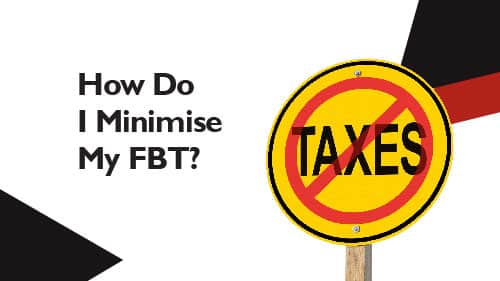
How Do I Minimise My FBT?
Here are some ways to minimise your FBT as an employer.
- Provide benefits that are exempt from FBT.
- Provide benefits that are subject to concessional valuation rules.
- Use employee contributions to reduce the taxable value of benefits.
- Consider using salary sacrifice arrangements to reduce taxable income.
- Separate entertainment expenses into different categories, such as staff and client events.
- Host small staff functions at your business premises instead of offsite locations.
- Keep a logbook or use an app to log and manage kilometres travelled in company cars, even if you allow your employees to drive them for private purposes.

What Are Entertainment Benefits?
Entertainment benefits refer to any recreation activity you provide to your employees or clients.
The ATO subjects entertainment benefits to FBT and bases the taxable value on the benefit’s cost.
Entertainment benefits include
- Food and drink consumed by employees and associates on work premises for social functions.
- Food and drink consumed off work premises at social functions or business lunches.
- Meals, event tickets, or company outings used by employees to entertain clients.
- Meals shared by employees at restaurants.

Can Fringe Benefits Reduce My Tax?
As an employer, providing fringe benefits to your employees can potentially reduce your tax liability as the cost of providing the benefit is generally tax-deductible.
However, benefits are subject to fringe benefits tax, which you are responsible for paying.
As an employee, your employer may offer fringe benefits via salary sacrifice as part of a salary packaging plan.
Such benefits could lower your tax bracket based on your circumstances, which is ideal if you’re a high-income earner.
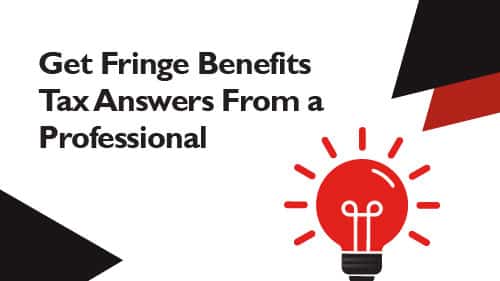
Get Fringe Benefits Tax Answers From a Professional
For more information on the fringe benefits tax meaning for your business, speak to the professionals at Pherrus Financial Services.
Fill in our online form, and we’ll contact you shortly.
Alternatively, call us on +61 (02) 9099 9109 to book an appointment at our Bella Vista office in Sydney, NSW.


